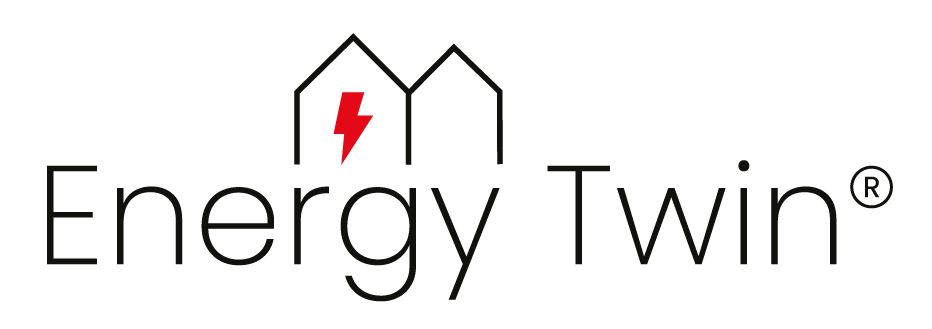Energy Twin and the University Centre for Energy Efficient Buildings (UCEEB) of Czech Technical University in Prague explored the rising importance of load-side flexibility in today’s dynamic energy systems. With variable renewables on the rise, from solar in California to wind in Denmark and hydro in Scandinavia, adapting demand to real-time grid conditions is becoming a major competitive advantage.
This webinar covers the flexibility concept and shows how machine-learning-based predictions of building energy use enable smarter demand response, battery scheduling, and energy cost minimization. Real-world examples demonstrate how predictive models help integrate buildings into decentralised and fast-evolving energy grids.
The topics covered include:
Energy Flexibility: Markets, Challenges, and Opportunities – V. Zavřel, UCEEB
- Overview of flexibility in global energy systems and growing demand-side potential
- Impact of renewables and decentralisation on grid dynamics
- Role of buildings in providing grid flexibility without ready-made solutions
- Challenges and opportunities for commercial building operators
Predicting Building Energy Use for Flexibility – J. Široký, Energy Twin
- How AI-driven forecasts enable smarter demand response and cost reduction
- Case study: ML model peak demand analysis
- Research insight: Community-driven flexibility challenges


